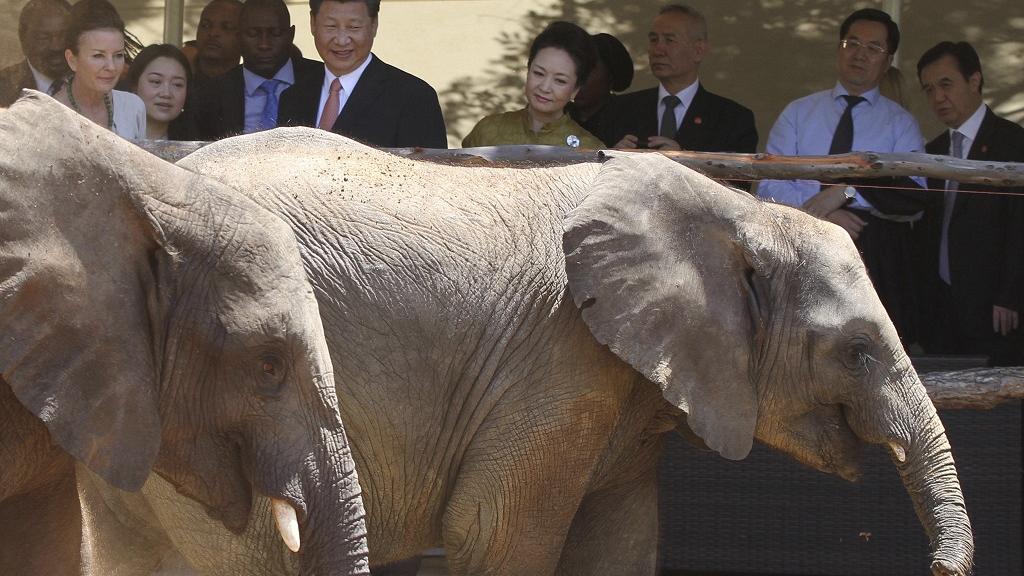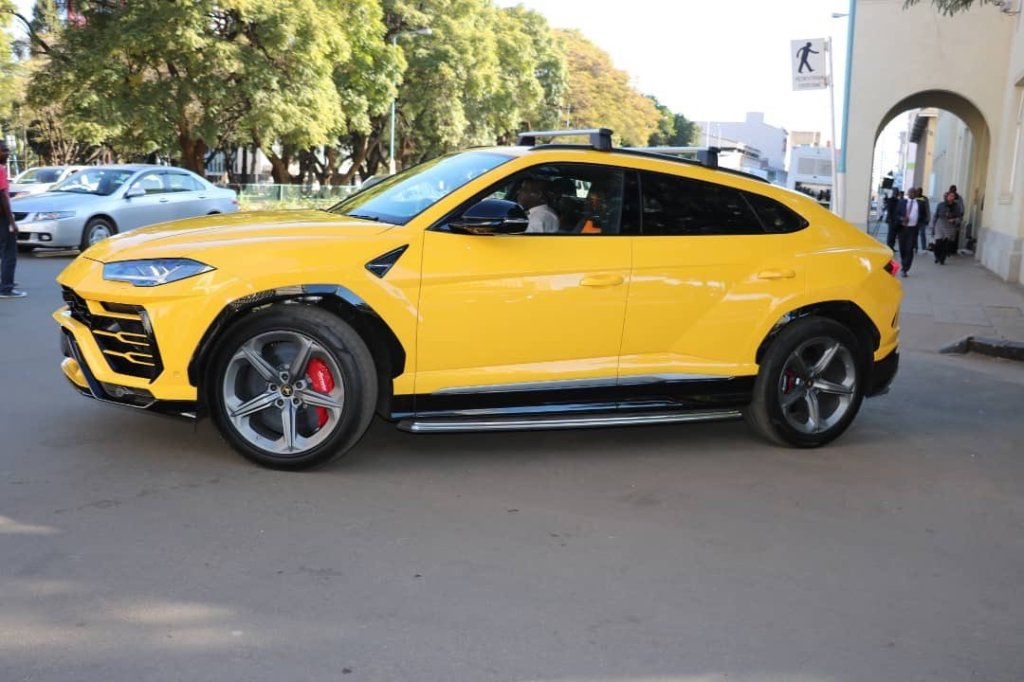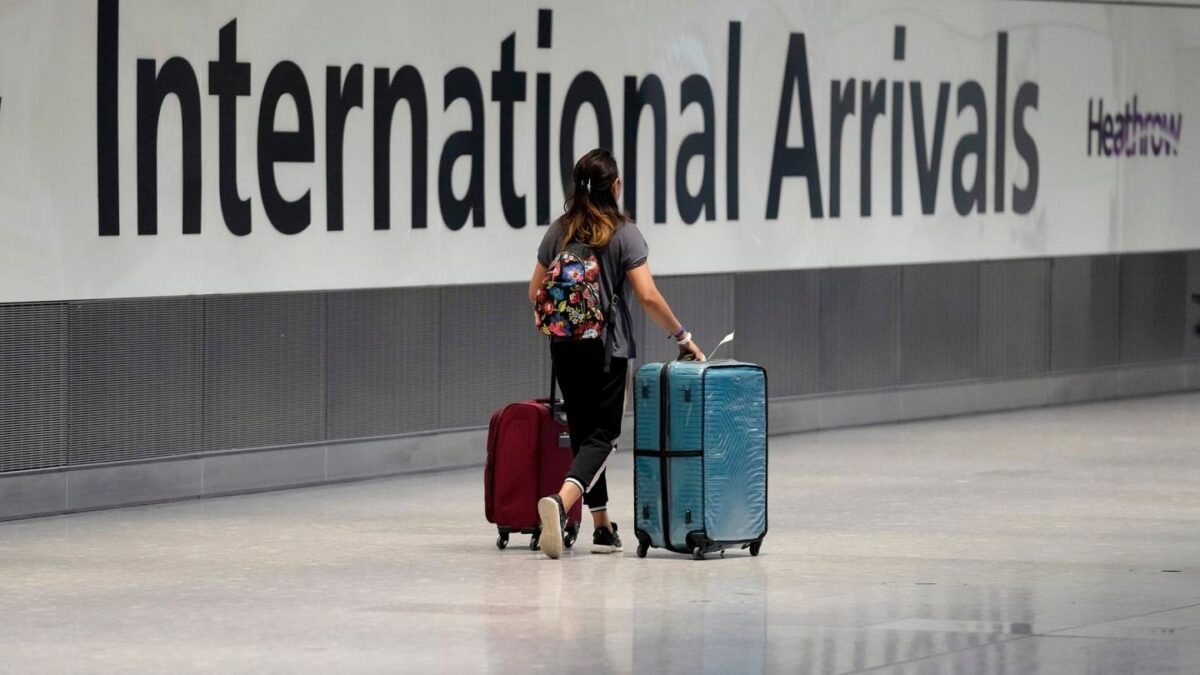GENEVA, Switzerland – Zimbabwe will be banned from capturing baby elephants and sending them to foreign zoos after the regulator of global wildlife trade decided Tuesday to impose a near-total ban on the practice in a decision hailed by conservationists as “momentous”.
Following a heated debate at a meeting of parties to the Convention on International Trade in Endangered Species (CITES) in Geneva, the member countries approved a proposed text after a revision by the European Union included some exceptions to the ban.
The decision met with strong opposition from Zimbabwe in particular, which along with Botswana is the main provider of wild African elephants to zoos outside of the continent and tried in vain to block the vote.
But with 87 in favour, 29 against and 25 abstaining, the vote for the amended text secured the two-thirds majority needed to pass.
“This is a momentous CITES decision for Africa’s elephants,” said Audrey Delsink, the wildlife director at Humane Society International (HSI)’s Africa division.
The vote in plenary altered slightly a decision taken at the start of the 12-day conference — set to wrap up Wednesday — prohibiting the transfer of all African elephants caught in the wild to so-called captive facilities.
The decision only impacts African elephants. Asian elephants already enjoy more protection against international trade.
The initial CITES vote was to limit trade in live wild African elephants to conservation in their natural habitats, basically ending the practice of capturing elephants and sending them to zoos and entertainment venues around the world.
The EU, which for technical reasons had been unable to cast its 28 votes during the first committee vote on August 18, had hinted it might join the United States and others in flatly opposing the text.
This prompted outcry, with a number of public figures including Jane Goodall, Pamela Anderson and Brigitte Bardot sending a letter to EU Commission chief Jean-Claude Juncker asking that the EU back the ban.
In the end, the EU drafted an amended text, adding a loophole, saying the elephants should remain in their “natural and historical range in Africa, except in exceptional circumstances where … it is considered that a transfer to ex-situ locations will provide demonstrable in-situ conservation benefits for African elephants”.
In such cases, decisions should only be made in consultation with the CITES Animals Committee, and the International Union for Conservation of Nature (IUCN) elephant specialist group.
The EU amendment also made clear that African elephants caught in the wild and already in zoos could be transferred to other facilities outside of Africa.
Delsink told AFP HSI was “disappointed that there was a compromise”, but she hailed that CITES and IUCN would have oversight over any decisions to take advantage of the “loopholes”.
“It adds a layer of transparency, which is critical so that these situations can be very, very clearly evaluated by definitions produced by these bodies,” she said.
DJ Schubert, a wildlife biologist with the Animal Wildlife Institute, agreed on the need to watch the implementation of the EU caveats “very closely.”
Overall though, he told AFP the text agreed Tuesday “is certainly a start.”
“It is a signal I think to the world that it is time to move beyond the idea that it is appropriate to keep elephants in captivity.”
While elephants in western, central and eastern Africa have long been listed among the species in need of most protection under CITES, and thus banned from all trade, some trade has been permitted in southern Africa, where elephant populations are healthier.
Zimbabwe has for instance captured and exported more than 100 baby elephants to Chinese and United Arab Emirates zoos since 2012, according to the Humane Society International.
President Emmerson Mnangagwa, meanwhile, has threatened to pull Zimbabwe out of CITES after failing to secure an agreement for Zimbabwe to dispose of its stockpiles of ivory in a one-off sale.
Global trade in ivory has largely been outlawed since 1989 after elephant numbers plunged from millions in the mid-20th century.
Zimbabwe and two of its neighbours Botswana and Namibia, had requested a resumption of ivory sales to clear their stockpiles and fund conservation activities.
But their proposal was rejected by governments at the ongoing CITES meeting.
The three countries’ stockpiled ivory has a combined value of US$600 million, Mnangagwa said.
“It’s a lot of money we can use for big projects,” Mnangagwa said on Monday.
“Our wild animals are being discussed in Geneva, an irrelevant place to the animals,” he said referring to the 183-country forum.
“They bar us from killing our animals for selling ivory, but they want us to protect them from being poached,” Mnangagwa protested. “Europeans have consumed all their animals, but they want to set rules for us who have managed to conserve theirs.”
Zimbabwe has permission to carry out culling to maintain a sustainable elephant population, but it has not done so in three decades.
“The last cull was in 1987, we have not carried out any because of disapproval by the various animal rights activists,” Zimbabwe National Parks spokesman Tinashe Farawo told AFP.
Zimbabwe, which has an elephant population of 84 000 against it carrying capacity of 56 000, is permitted to issue licenses to commercial hunters to kill 500 elephants every year but most of the hunters take the tusks with them as trophies, said Farawo.– AFP
















